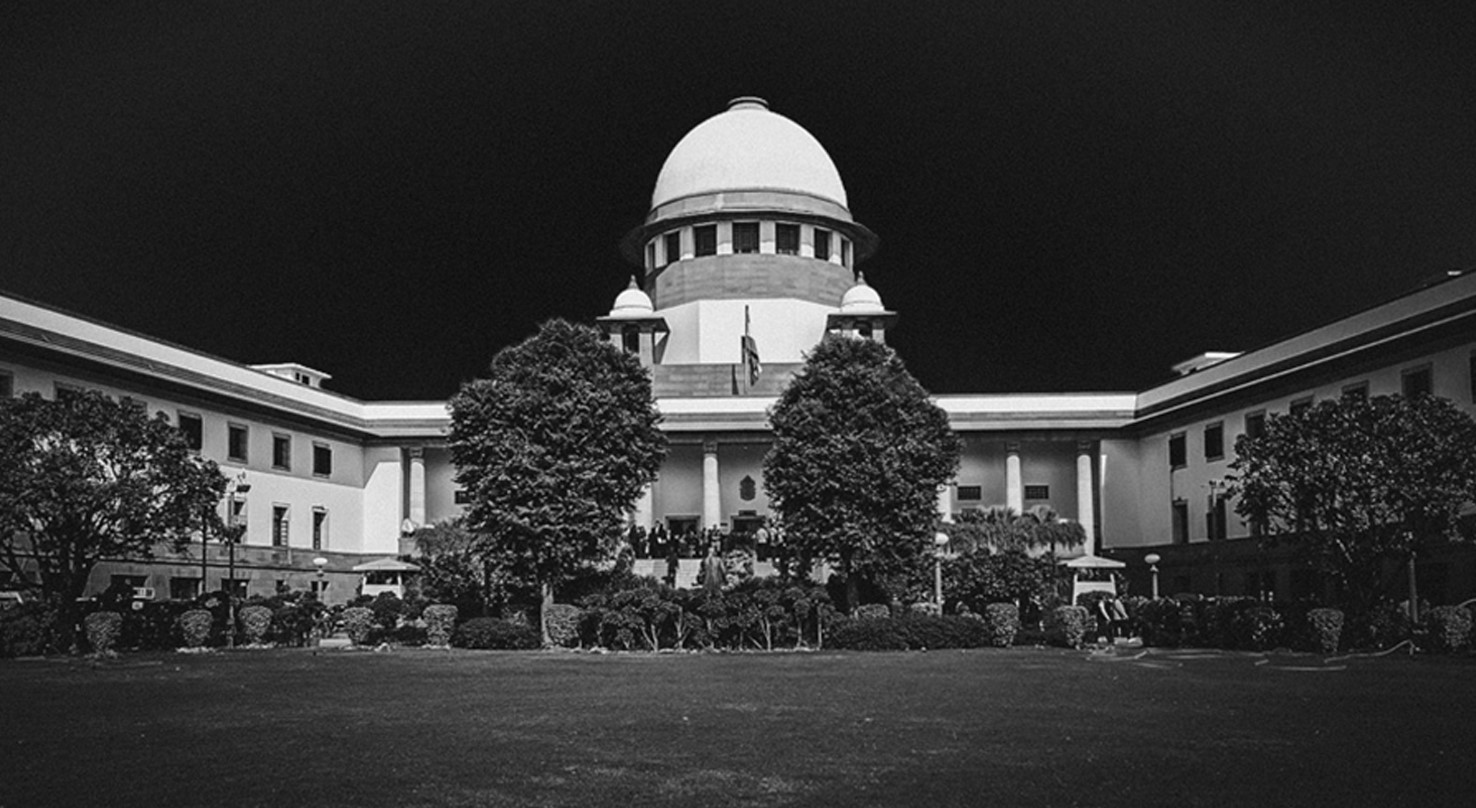


The Supreme Court recently highlighted a persistent issue within India's legal system: the lack of understanding among police officers and even some courts regarding the distinction between the offences of criminal breach of trust and cheating under the Indian Penal Code (IPC). Despite the IPC being in force for over 162 years, this distinction continues to be misunderstood, leading to the routine and mechanical registration of FIRs for both offences based on mere allegations of dishonesty or fraud.
Justices JB Pardiwala and Manoj Misra urged for nationwide police officer training to tackle this problem.
"...it is now a standard procedure for the police to automatically file an FIR for criminal breach of trust and cheating based solely on an accusation of dishonesty or fraud, without proper consideration." It is about time that police officers nationwide receive adequate training in law to distinguish between cheating and criminal breach of trust.
The issue arose from a complaint filed by a person alleging that the business had not paid ₹9,11,434 for the purchase of grains and oats for horses. Following the inquiry, the Additional Chief Judicial Magistrate filed charges against the company. However, the Supreme Court noted that the magistrate did not properly determine if the complaint had indeed proven a case of cheating or criminal breach of trust.
The Supreme Court emphasized the unique qualities of cheating and criminal breach of trust in its decision.
"...court had the option to start proceedings for cheating under Section 420 of the IPC, but there is a lack of evidence for a charge of criminal breach of trust.The lack of entrustment of any property is undoubtedly the reason in this case. The complainant did not even claim that they lawfully entrusted any property to the appellants that was then dishonestly misappropriated".
Moreover, the Court also observed that the accusation of cheating according to Section 420 IPC did not apply because the victim admitted that the bills in question had not been paid. The Court recommended that the complainant opt for a civil lawsuit for compensation rather than lodging a criminal complaint.
The Court stated that a civil suit action should have been filed if the complainant believed that some money was owed to him. Hence, the proceeding were dismissed as the appellant cannot just brring in a case of cheating and breach of trust instead to The Magistrate.
If the accuser thinks he is owed a certain amount, he should have filed a lawsuit against the defendants in this situation. Nevertheless, the Court decided that the defendants were unable to file a lawsuit for cheating and breach of trust in the court of the Additional Chief Judicial Magistrate, thereby rejecting the criminal charges.
The judgment reflects the Supreme Court's concern over the continued misapplication of legal provisions by both police officers and the judiciary, urging for better legal training and awareness to avoid such errors in the future.
TAGS: Supreme Court Indian Penal Code (IPC) Criminal breach of trust Cheating FIR Judicial training Justice JB Pardiwala Justice Manoj Misra Allahabad High Court Civil suit